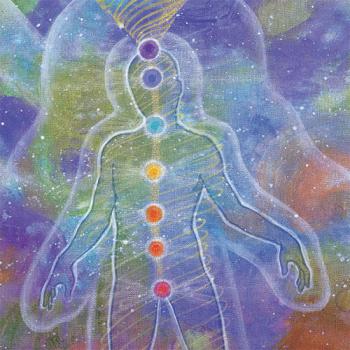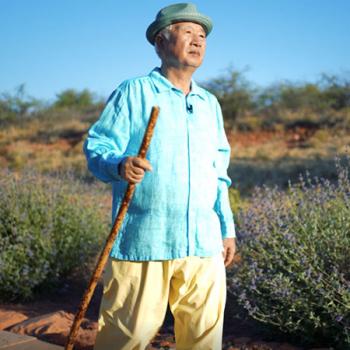
The Ultimate Spiritual Question: Who Am I?
Thus, the question “Who am I?” is with us from the youngest age. The normal first step is to answer this question through the material world around us. On the playground, to gain the attention of our peers, we seek to be the best kickball player or to have the best Pokémon cards or to make friends with as many kids as possible. As we grow older, the competition for status in the world grows even more intense as we strive for good grades, championship trophies, and popularity among our peers. By the time we are fully fledged adults, we carry many identities based on the roles we play and our position within society. If we meet someone new, and they ask us to describe ourselves, we usually start with our job title, move on to our marriage and family status, and perhaps mention where we went to school or places we have lived.
The only problem is that these answers never fully satisfy us. For one thing, they are all temporary and of fleeting value. We grow out of Pokémon cards in a blink of an eye, our children grow up and no longer need us, and we eventually retire and leave our job titles behind. But do any of these things change who we really are? No matter how many titles we win or lose, our essential sense of being always remains. We had this sense before we even knew our own names, and we will still have it when we are very old and can no longer do much in the world. We put on and take off identities like actors wearing costumes in a play. The actors play the roles they are given, but who are they underneath it all?
The Ultimate Spiritual Answer: My Self is No-self
The only genuine answer to the question “Who am I?” must lie beyond the limits of these short human lives that we lead. If we have any true, lasting identity, it must be something that existed before we were born and will exist after we die, that which is called soul or spirit. I prefer to call this True Self.
Sometimes, though, people imagine that some part of their human identities—personality, family connections, etc.—will remain attached to their soul beyond this life, but that cannot be true since those things are temporary, nothing but bits of information that we acquired through genetics and socialization.
Our truest, purest self is completely free of all these attachments and limitations, beyond the world of matter, time, and space that confine us in this universe. It is an essence that has no “thingness” in this world; it cannot be touched or grasped or contained. In the Korean Sun Tao tradition, we call this muah.
The Experience of No-self: Muah
In this life, we are experiencing an existence that is confined to a body in a world that presents all sort of illusions of separation. The key to experiencing our True Self and to gaining enlightenment beyond the world of dualities is to experience muah. This is very difficult, though, since our senses are constantly feeding our brains information about the things of this world, the things that make us feel separate from the other people and objects around us.
Muah is not something that can be truly understood through the intellect; it can only be experienced. Ultimately, we will all experience it when we die and cast off the masks of this life, but how can we experience it now? That may or may not happen after years of training, or it could happen in a flash or it may happen in an unexpected moment. There is no guaranteed way there, but you can progress in that direction by training yourself to be unattached to the stream of thoughts that constantly pass through your mind. Through meditation and energy training like dahn mu, free-form energy dancing, you can get closer as you learn to quickly let go and empty your mind.
In some ways, the thought of nothingness, or muah, is a bit frightening; it has even been described as a kind of death since your false self drops away, just like at the moment of death. But don’t forget that nothingness is everywhere—in the space between particles in all atoms, in the vast emptiness of space, and in the dark matter that forms the structure of existence. Oddly enough, emptiness is the actual root of all existence, and if you seek it, it can be the essence of your own rebirth and awakening, allowing your best self to emerge.












